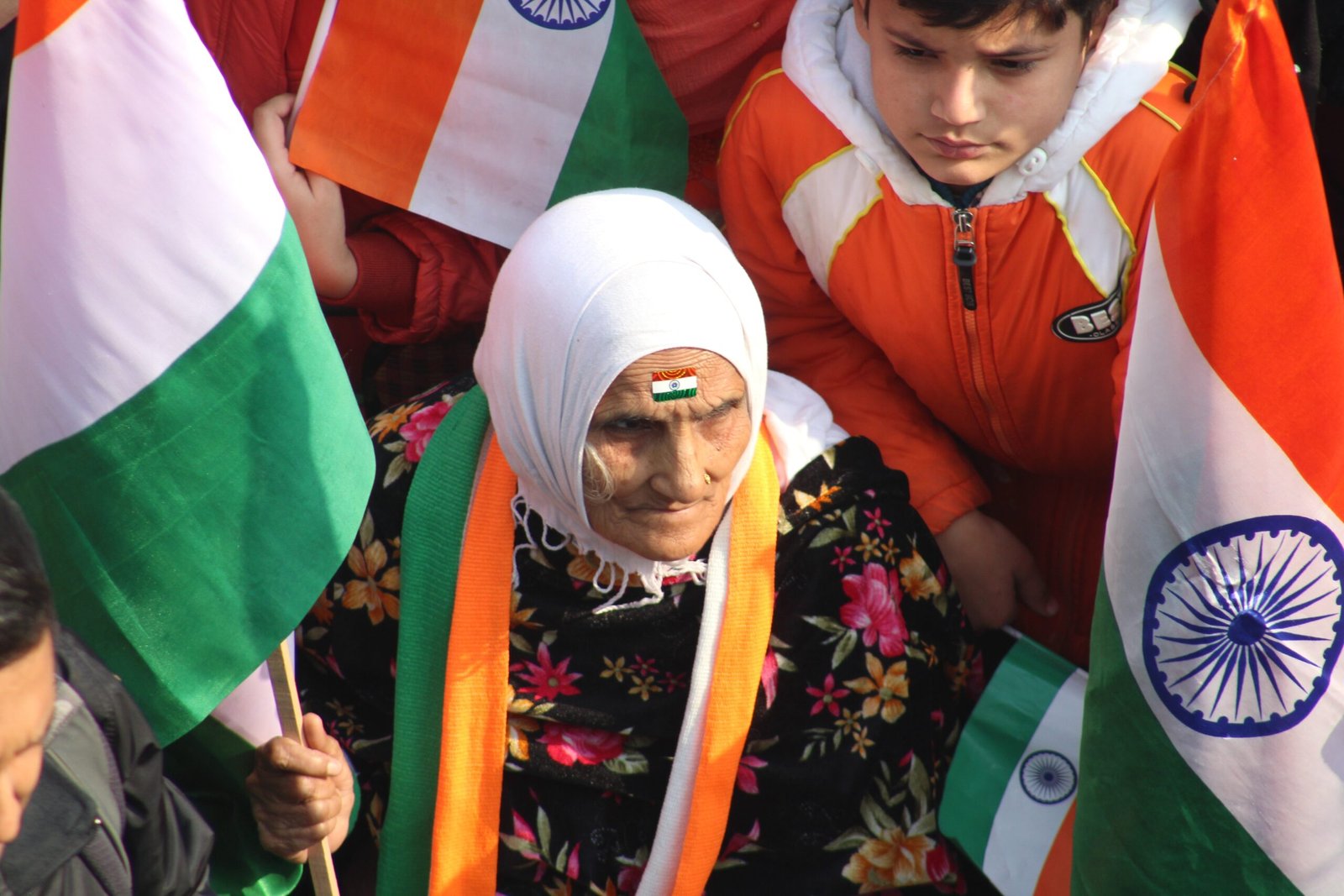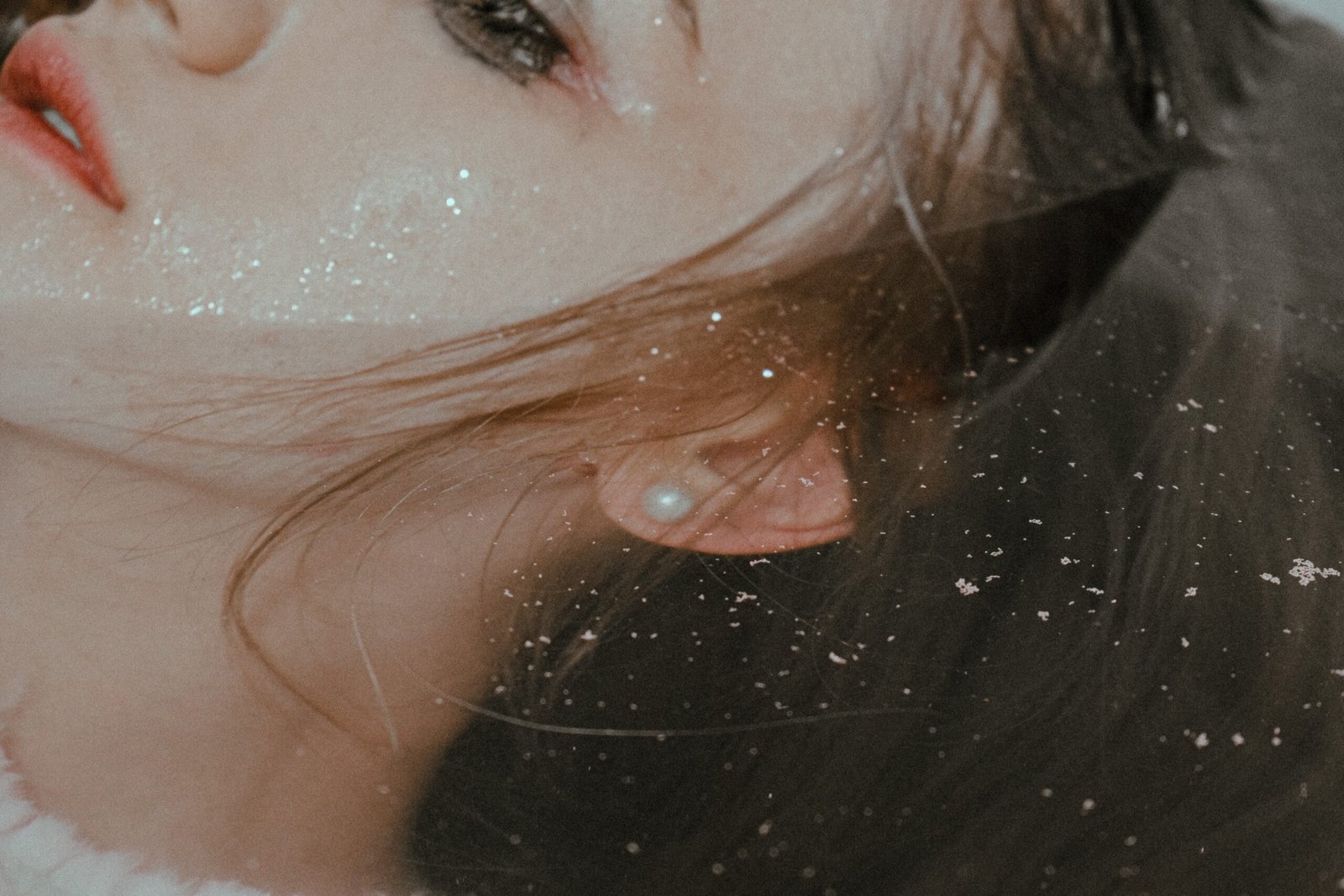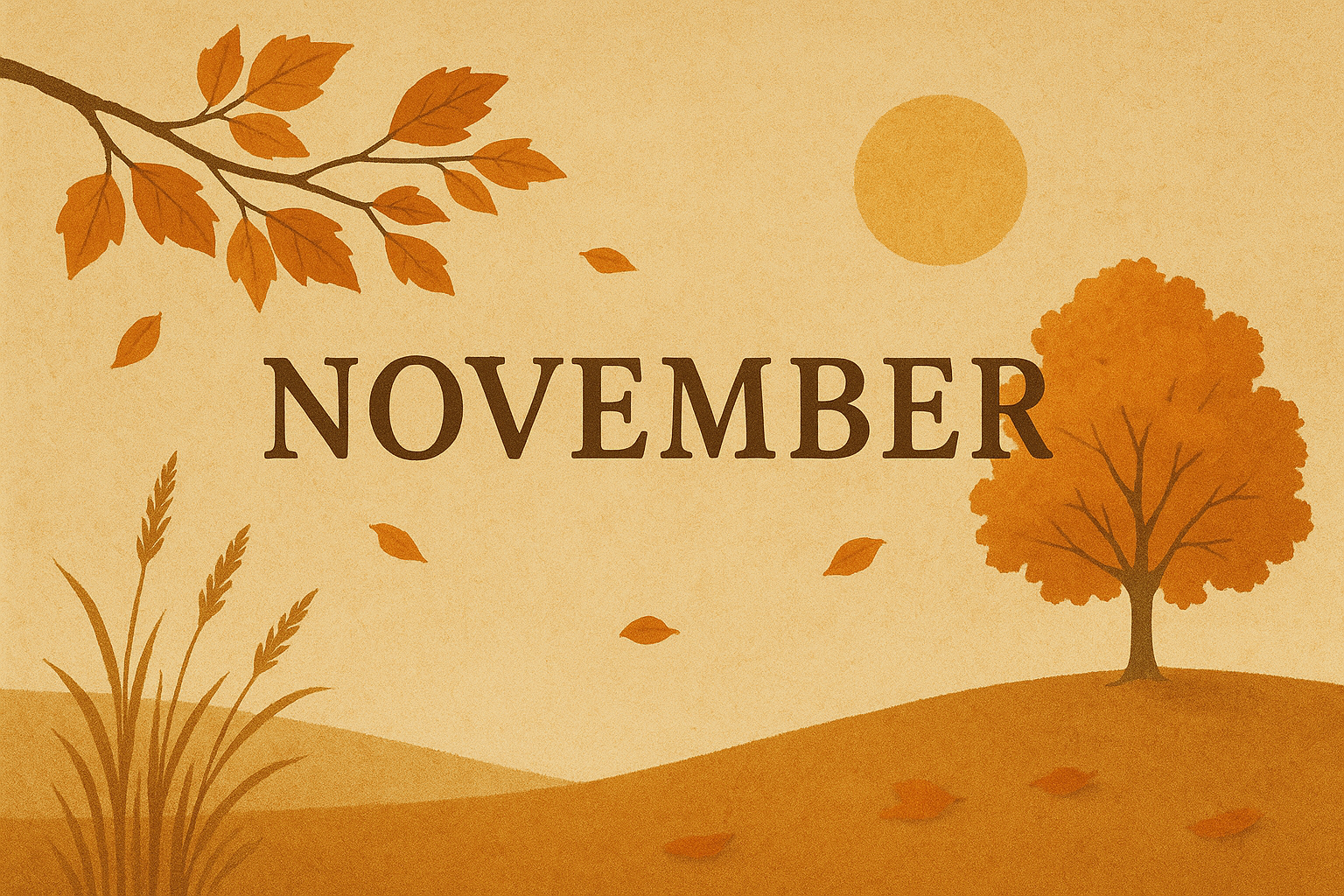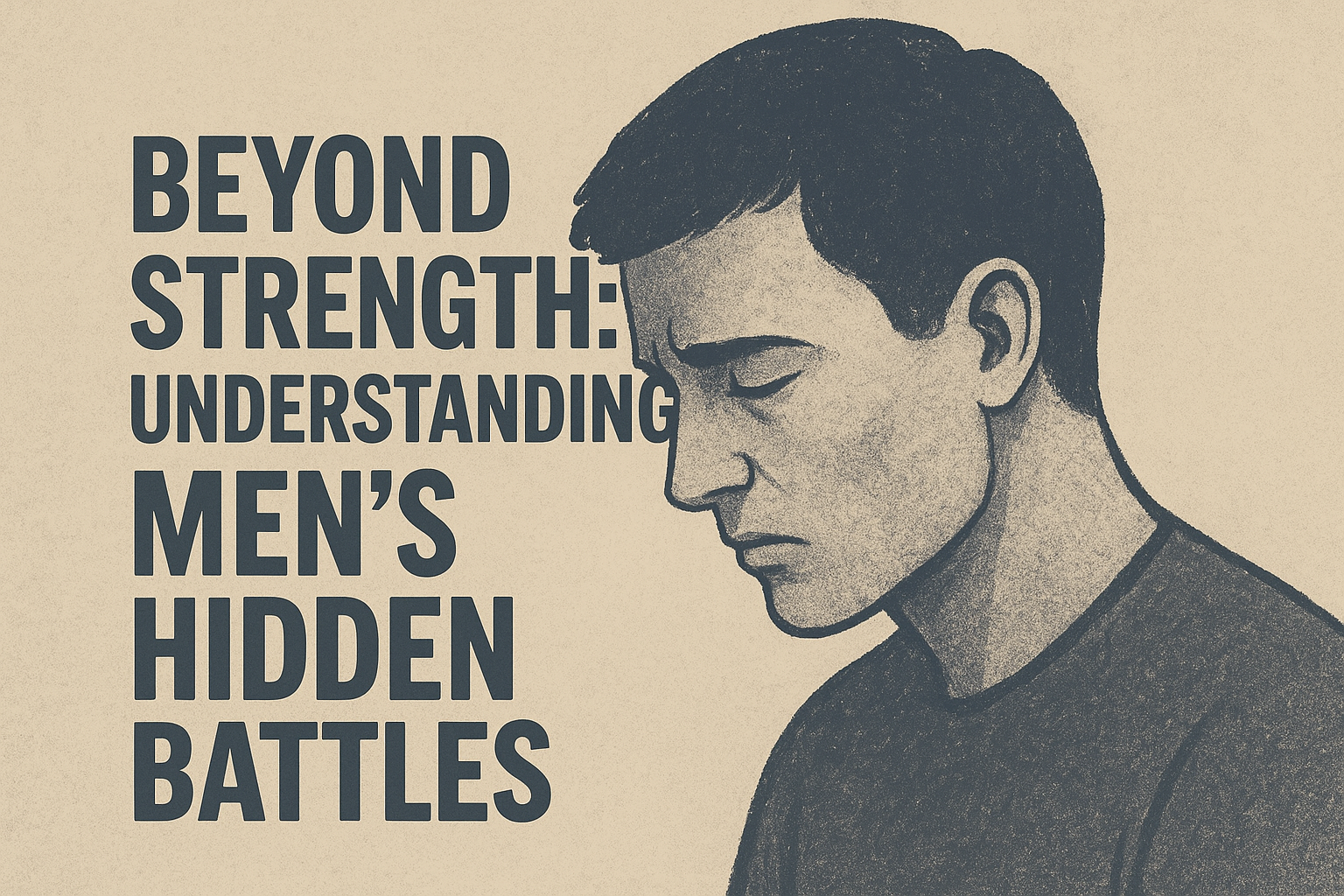Her soul burned in her eyes. She swayed to the earthy notes of the song her troupe sang in unison, as if possessed by the rhythm. The wood fire crackled up into the chilly December night sky, sending sparks that washed over her in a golden hue. She simply danced away. The encrusted mirrors on her colorful lehenga choli (Indian skirt and blouse) reflected like thousands of diamonds. She spun round and round the fire, hands spread wide like a free bird in flight. Noticing my gaze, she made her first eye contact with me, and I dared to look back.
Growing up, we instinctively avoided looking directly at her kind. Not that anyone taught us to, or told us to do so deliberately; it just felt natural, just as naturally as they seemed different from us.
I choose to call her ‘SHE’ because I believe her outward appearance and her soul are those of a divine woman. It’s something she yearned to be, something she fought to be. Another reason I address her as ‘SHE’ is because, for one hour, she reigned and conquered like a queen. With all due respect, I intentionally choose not to disclose her name, but to call her my ‘Queen.’ That’s not how society treats her and her kind, though. They are called kinnar, hijra, transgender, and many other names. Does being a transwoman really make a difference? After all, the word ‘woman’ is already there.
Then why is it so difficult to accept her as one?

We humans are victims of visuals. We tend to believe what our five senses demonstrate, rarely daring to venture beyond. Just because my Queen’s features are different, she is viewed differently. Isn’t being ‘different’ beautiful?
It’s been two years since I was in Jaisalmer, Rajasthan, but I haven’t forgotten her because I knew she had a saga to tell, and that one day I would be worthy enough to write about her. That time is now. As strange as it may sound, just a week before I started thinking of writing her story, the owner of her dance troupe, Satju Kalakar, called me. “Aur Madamji, kab padhar rahe ho maro desh?” (And Madam, when are you coming to our place?) We spoke for a long time, exchanging news and updates. I was humbled by the call, as he had no reason to remember me. I was just one of the thousands of tourists they had entertained over the years. Yet, he remembered.
The call reignited memories of my Queen—the memory she etched in my heart and soul forever. Today, after nearly two years, I dared to close my eyes again, diving back into her burning gaze. I am, and always will be, transfixed. That first eye contact locked us together. She knew I couldn’t tear my eyes away, and she kept giving me small, subtle expressions meant only for me. We connected. Through her eyes, I saw not only her expressions but her soul. For that one hour, she laid herself bare, revealing more than I could have imagined or had ever been allowed to see. I realized that, for over thirty years, I had been blind. Now, my eyes had a new vision.

After the performance ended, I ran up to the troupe, knowing there was a saga worth telling. But as I approached her, she nearly fled. I was startled to see her fear. Realizing that her confidence lasted only during her dance and not beyond, I stopped in my tracks.
Who is to blame if not us?
Although I got to know Satju Kalakar and the rest of the troupe, I never heard my Queen’s saga. That story remains untold, but then again, perhaps it isn’t difficult to imagine. I leave her tale to your imagination, though I suspect none of it would be pleasant.
Born from the shadows and alive for only an hour, like a rising phoenix, my Queen retreated back into the shadows from which she came. But in that one hour, we both dared.
Editor’s Note: This article was submitted for #TheShe Contest.
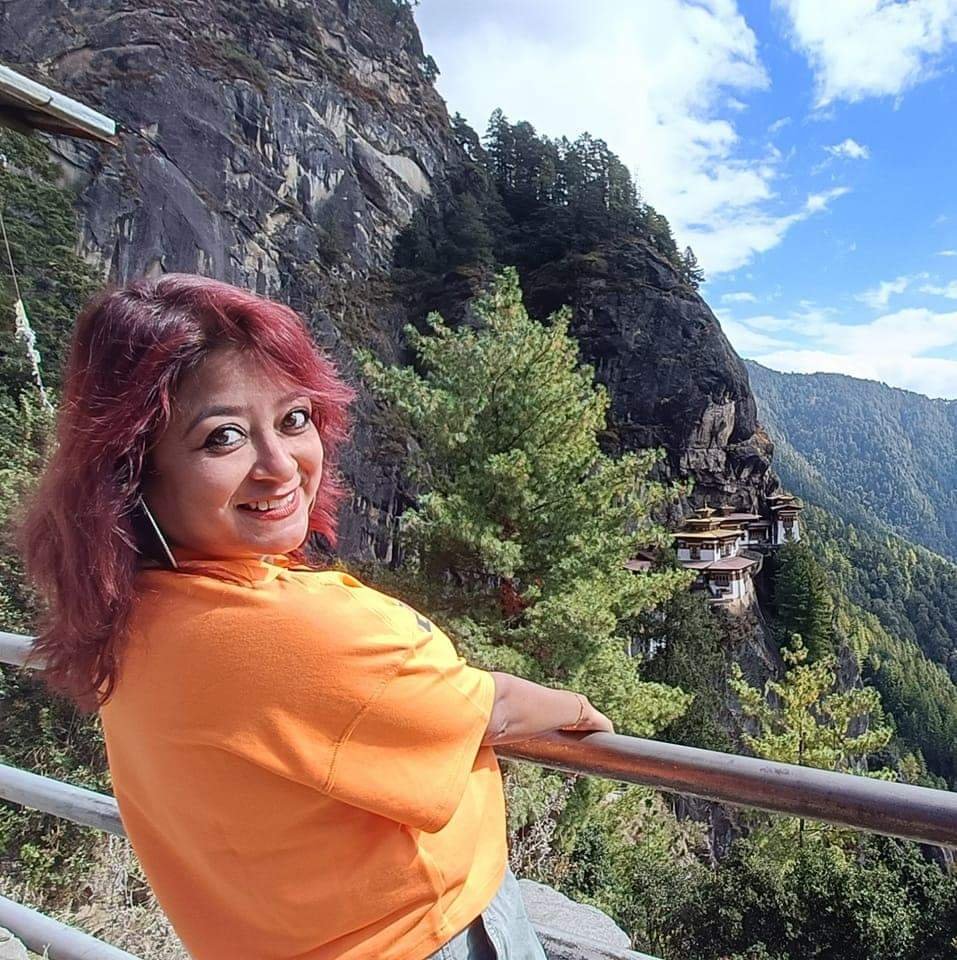
Rishita Dey
Rishita Dey is professionally a Corporate Lawyer but passionately a traveller and a writer. She runs her travel blog at www.bendthemiles and Youtube Channel named ‘Bend The Miles’ capturing the beauty of destinations both through her pen and lens. She can be reached at bendthemiles@gmail.com.







